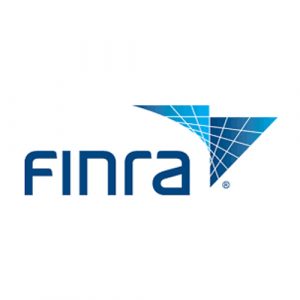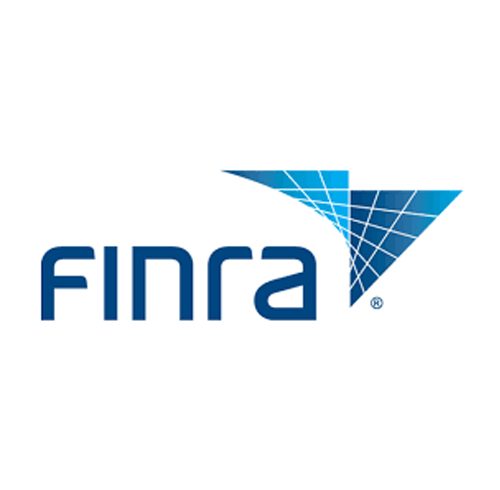
FINRA, the Financial Industry Regulatory Authority, provided further guidance for its member firms regarding digital assets in its 2019 priorities letter.
The priorities letter was released on January 22, 2019, and it was also the topic of the most recent FINRA podcast, Unscripted.
“Some firms have demonstrated significant interest in participating in activities related to digital assets and FINRA encourages firms to notify FINRA if they plan to engage in such activities, even where a membership application is not required.This year, FINRA will review firms’ activities through its membership and examination processes related to digital assets and assess firms’ compliance with applicable securities laws and regulations and related supervisory, compliance and operational controls to mitigate the risks associated with such activities. Coordinating closely with the U.S. Securities and Exchange Commission, FINRA will consider how firms determine whether a particular digital asset is a security and whether firms have implemented adequate controls and supervision over compliance with rules related to the marketing, sale, execution, control, clearance, recordkeeping and valuation of digital assets, as well as AML/Bank Secrecy Act rules and regulations.” The letter stated.
When asked how much appetite there is among member firms for digital assets, or crypto-currency, Bari Havlik, FINRA’s executive vice president of Member Supervision, said, “I think it’s a mix. We see some firms which are very focused other firms are barely tipping their toes in the waters. They are being very cautious.”

Havlik continued, by saying her advice to firms dealing in crypto-currency was, “to really understand how they are going to apply the current rules and regulations to these new activities and be able to show how they comply with these existing requirements.”
Steve Polansky, a senior director in Member Supervision, also noted this on the podcast, “What FINRA will look for as it assesses firm’s handling of a digital asset is among other things, their process to determine whether a digital is in fact a security.”
Polansky said that if a digital asset is a security, then the rules of the Securities and Exchange Commission and FINRA would apply.
Determining if a digital asset is a security is generally determined in its 21A report.
That report, “found that tokens offered and sold by a ‘virtual’ organization known as ‘The DAO’ were securities and therefore subject to the federal securities laws. The Report confirms that issuers of distributed ledger or blockchain technology-based securities must register offers and sales of such securities unless a valid exemption applies. Those participating in unregistered offerings also may be liable for violations of the securities laws. Additionally, securities exchanges providing for trading in these securities must register unless they are exempt. The purpose of the registration provisions of the federal securities laws is to ensure that investors are sold investments that include all the proper disclosures and are subject to regulatory scrutiny for investors’ protection.” According to a press release on the report.
“Each year, FINRA publishes its Annual Risk Monitoring and Examination Priorities Letter to highlight issues of importance to FINRA’s regulatory programs.” FINRA notes on its website of its annual priorities letter.
FINRA is a self-regulatory organization, which was formed in 2007 when the regulatory arms of the NYSE and the NASD merged.









